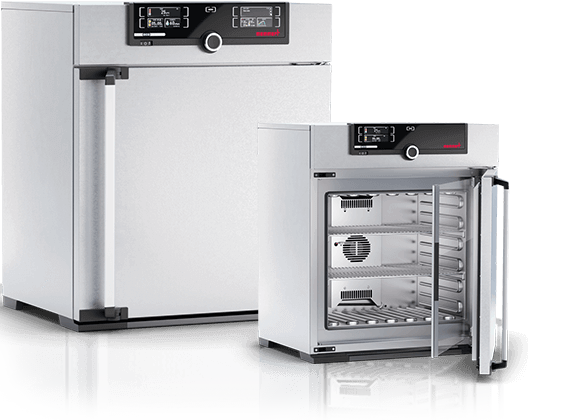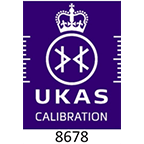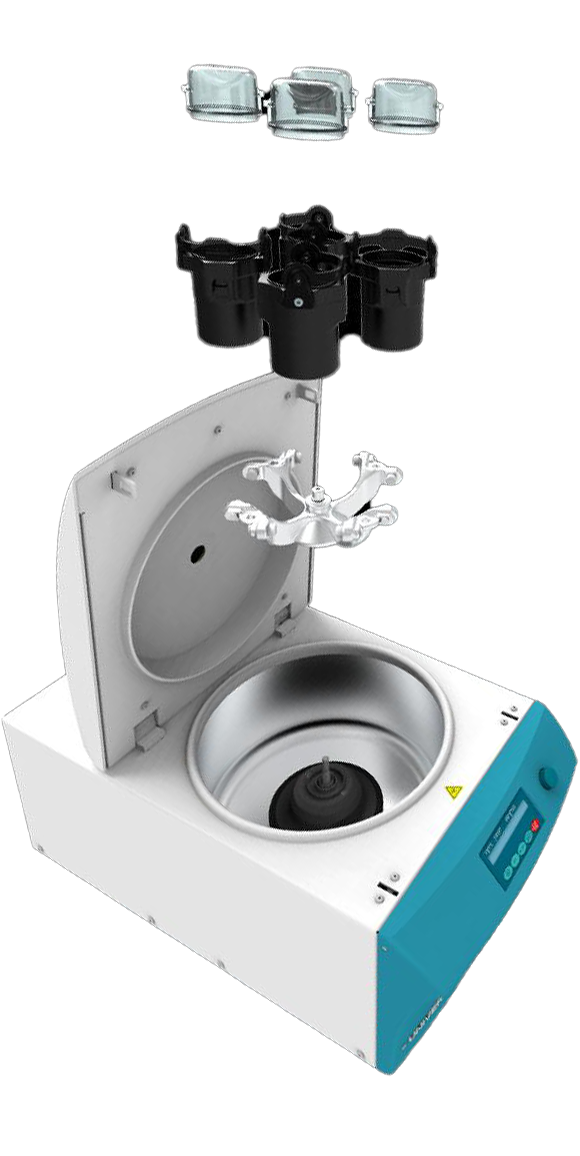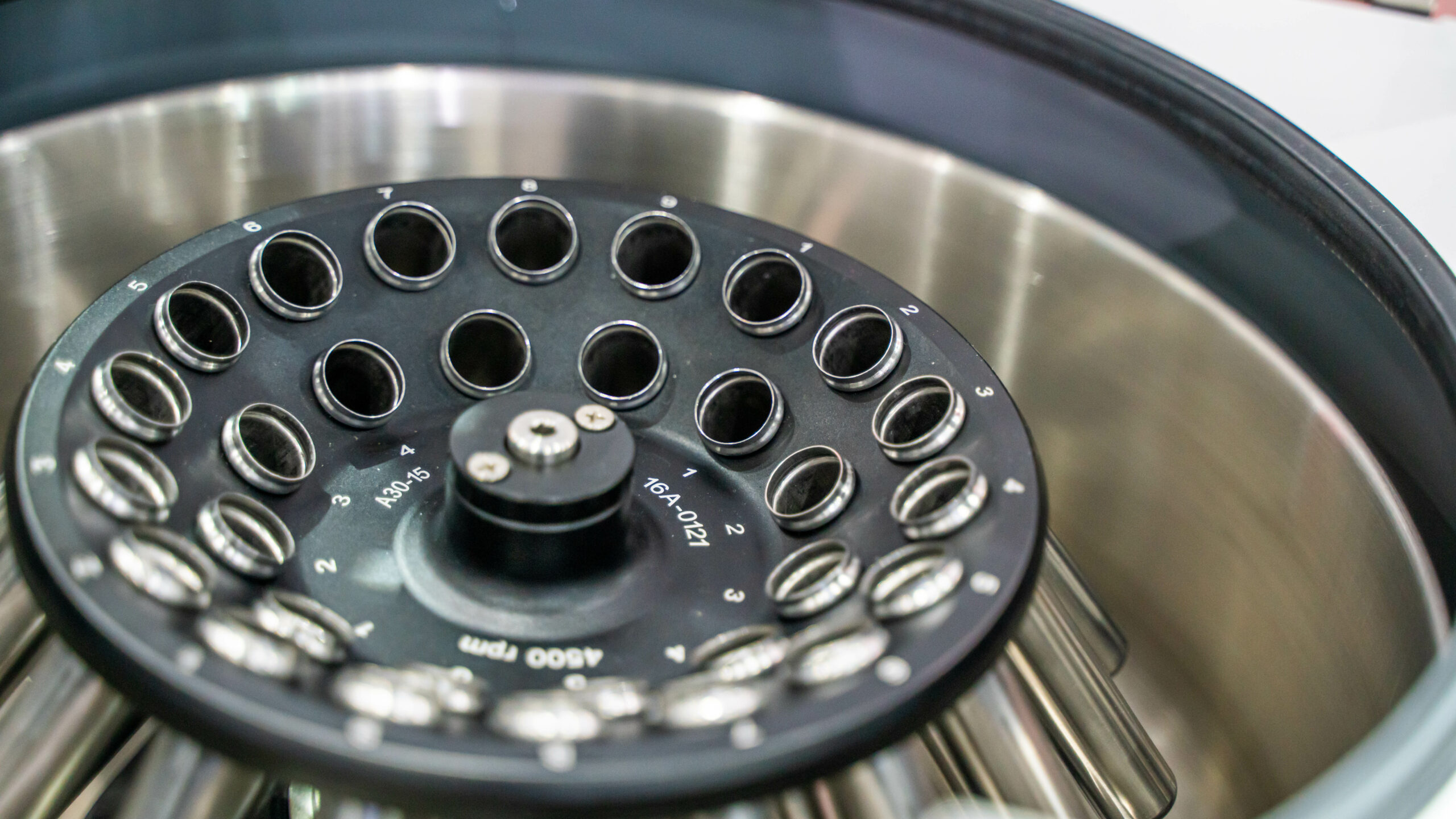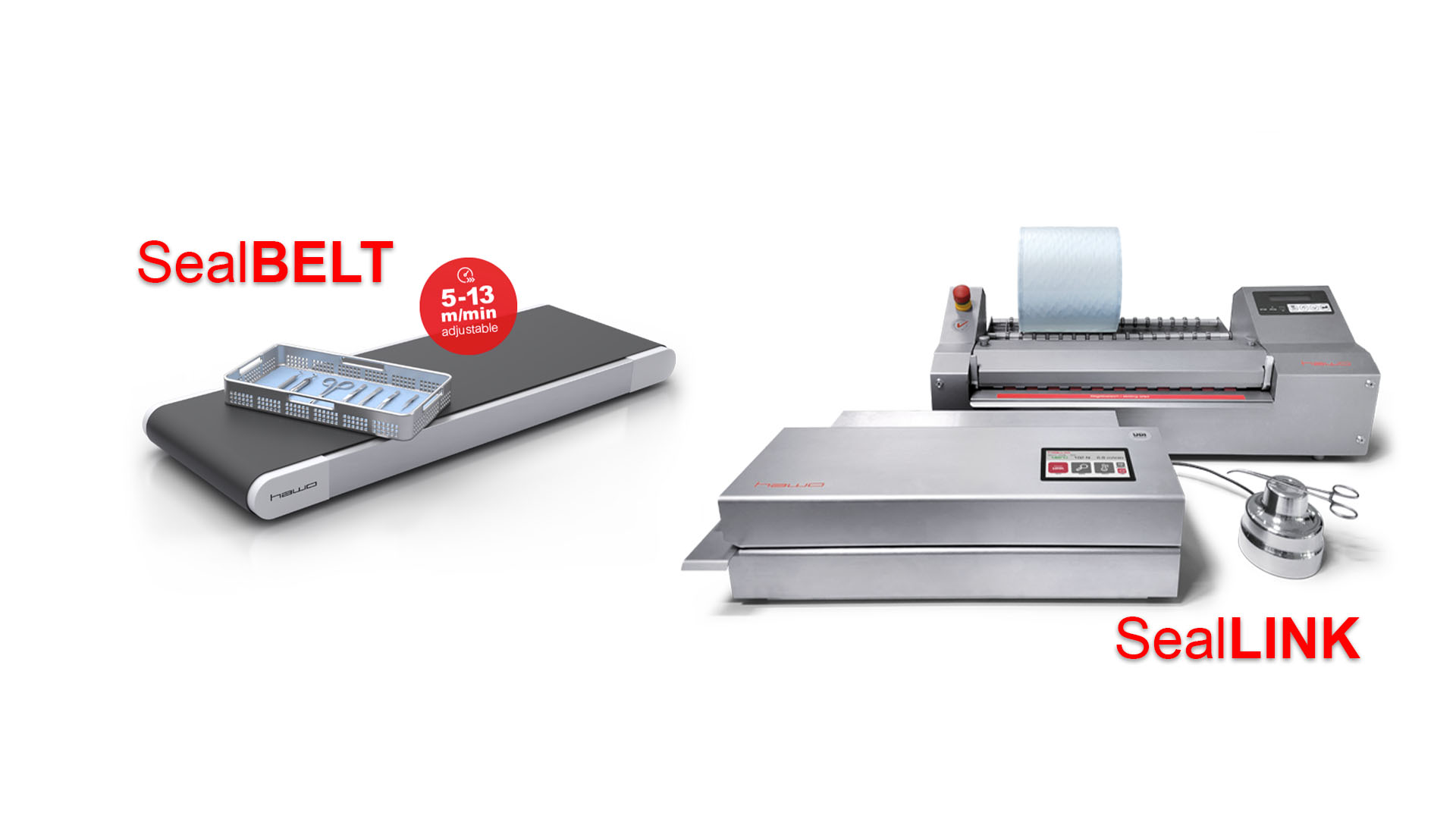Buying a centrifuge can be quite overwhelming if you are new to centrifuges and don’t know what you are looking for. Luckily, Henderson Biomedical is on hand to help you through the entire process. Let’s take a look at the key factors you need to consider when buying a centrifuge and highlight some of the key questions you should be asking potential centrifuge suppliers.
Factors to consider when buying a centrifuge
Be clear about what you want to spin
Before you choose any centrifuge, you need to make sure you are clear about what you want to spin. This is not only what you are spinning now, but also what you might want to spin in the future. For example, you may want to spin 10ml blood collection tubes such as Vacutainer® type tubes, but you may also want to spin microplates. In this case you would most likely need two separate rotors.
You will need to know the name of the tubes or containers you are spinning along with accurate dimensions in millimetres and capacity in millilitres. It is useful to take send this information along with a photo to any potential centrifuge supplier, so they know from the get-go what you want to spin exactly. Failure to do this can mean that you end up receiving accessories (rotor buckets or adaptors) that are not fit for purpose. Many suppliers charge re-stocking fees for erroneously ordered parts and the additional lead time can mean you are without a usable centrifuge or longer.
Centrifuge speed
Every laboratory centrifuge is designed in a different way, meaning that they will reach different speeds depending on the model and type of rotor used. You need to decide what speed you want to achieve in either Revolutions Per Minute (RPM) or Relative Centrifugal Force (RCF, also known colloquially as ‘G force’). If you want to calculate the RCF, you can use our handy online calculator. Generally, fixed angle rotors will reach faster speeds than swing-out ones, but the separation will be at an angle.
Most laboratory centrifuges will comfortably reach around 4,000 to 5,000 rpm in a swing-out rotor. Fixed angle ones typically go up to around 18,000 rpm.
Centrifuge size and capacity
Many laboratories have limited bench space because there is an ever-increasing amount of laboratory equipment being added as time goes by. Unfortunately, the physical size of the room doesn’t increase as well!
If space is at a premium in your laboratory, be sure to measure the dimensions of the place you want to put the centrifuge and check that any centrifuge you buy will fit in that space. Remember: for safety reasons, you will need at least a 30cm gap between the centrifuge and the wall or any other pierce of equipment. This is because the centrifuge will need to spin on its axis in the event of a disruption. The extra space also provides adequate ventilation for cooling.
If you do not have bench space, you may want to consider putting your centrifuge onto a trolley with lockable castors. It is best practice to buy these from the manufacturer as the specifications of the trolley will be exactly suited to the centrifuge.
Choose either a refrigerated or non-refrigerated centrifuge
Do you need to keep your samples at a certain temperature whilst you are spinning them in a centrifuge? If so, you will require a refrigerated centrifuge. Remember: the rotor and buckets will generate considerable heat whilst being spun at several thousand revolutions per minute. If you are spinning something like blood for example, then you will most likely need a refrigerated centrifuge. But if you are not spinning anything that is sensitive to temperature, then you can opt for a non-refrigerated centrifuge. Some people refer to non-refrigerated centrifuges as ‘air-cooled’.
Other factors to consider buying a centrifuge
There are a number of other factors to consider when buying a centrifuge. These include, but are not limited to:
- Consider whether you require biocontainment. Very important is you are spinning hazardous substances.
- Budget constraints. Can the supplier provide any discount?
- Delivery time. Depending on the manufacturer and model, these do vary considerably. Does the supplier have stock or does it need to be ordered in?
- Warranty period. The minimum should be 1 year. 2 years is better. Anything more is above average.
- After sales service and support. Can the supplier provide ongoing preventative maintenance? What happens if you need to repair it? Does the supplier have service engineers that can help with on-site repairs. Can you get spare parts easily?
- Calibration. Can the supplier calibrate your centrifuge? Can they calibrate to ISO 17025 standards if needed?
- Training. Can the supplier provide user training? This is particularly useful if the centrifuge is going to be used by inexperienced operatives.
How Henderson Biomedical can help you with buying a centrifuge
Henderson Biomedical have been selling centrifuges since 1987. We can offer you first class sales advice and also provide excellent after-sales service, repair and calibration of your centrifuge for many years to come.
We are now a Preferred Partner for the world’s leading centrifuge manufacturer, Hettich. This means that we can give much more competitive pricing on Hettich centrifuges than other suppliers. It also means that our engineers are factory trained by Hettich, thus providing you with a superior after sales service for the life of your centrifuge.
For help and advice, feel free to give us a call on 020 8663 4610 or alternatively you can use our online form and one of the Henderson Biomedical team will be in touch with you.
